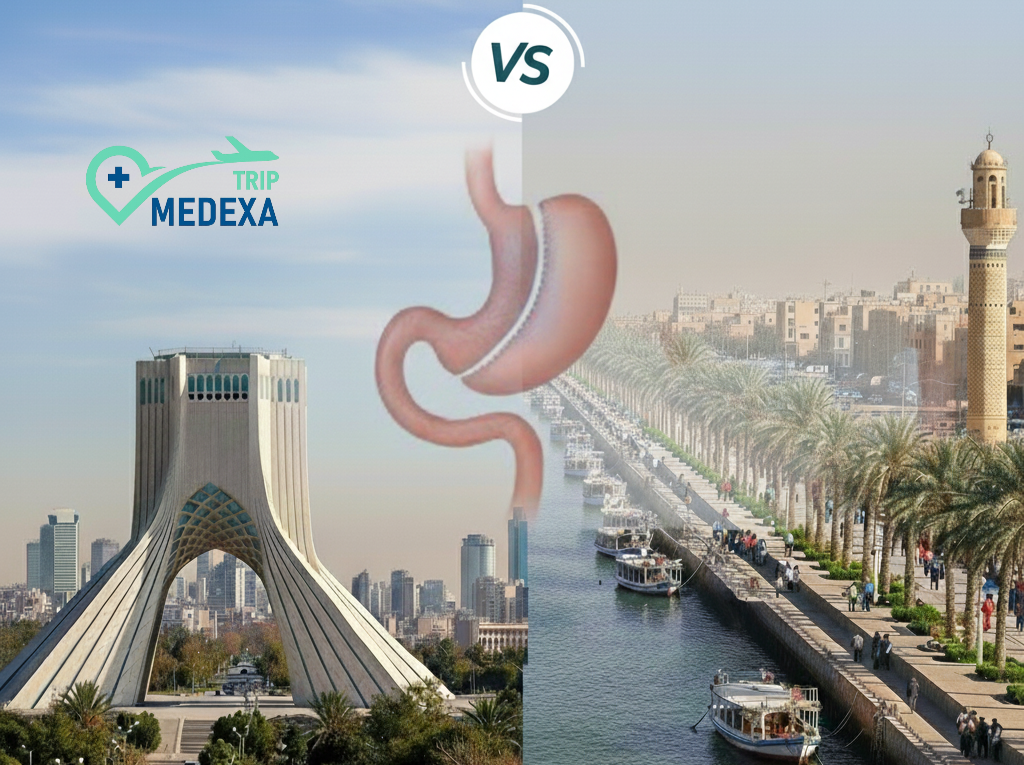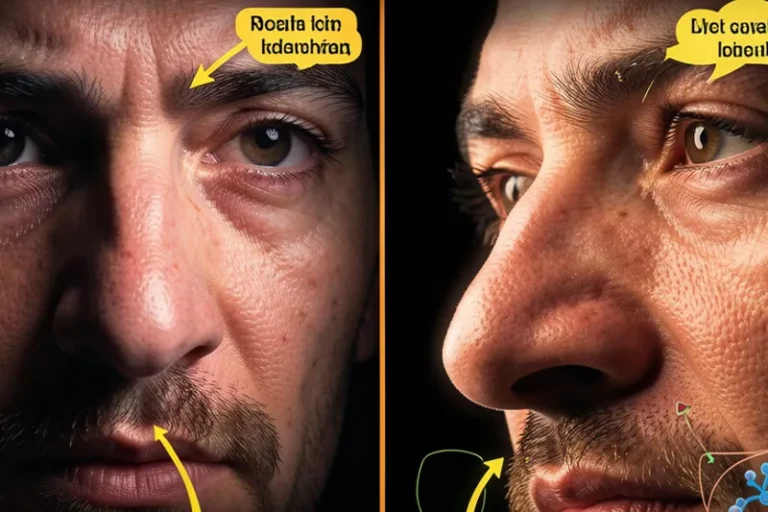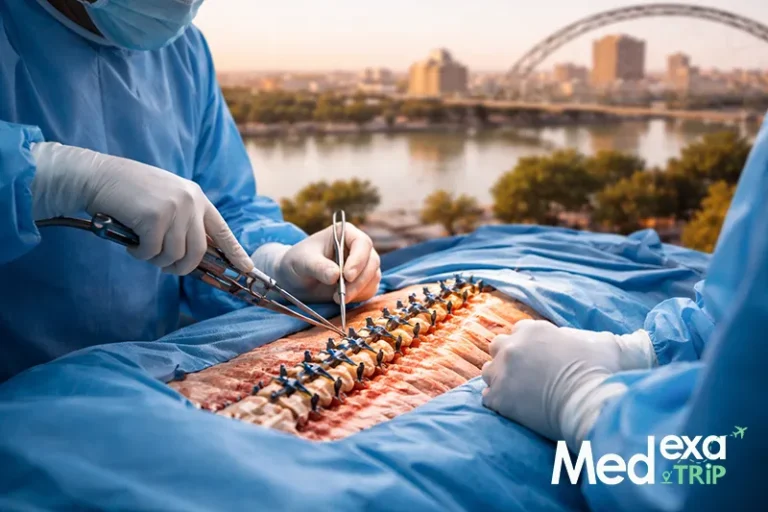Sleeve gastrectomy in Iran vs Iraq is a common question for patients. Sleeve gastrectomy is among the most common bariatric procedures worldwide. It reduces stomach size to help patients feel full sooner and achieve significant weight loss. But the key question remains: where is it best performed? Iran (esp. Ahvaz) offers specialized centers and competitive costs, while Iraq provides geographical proximity and family support. This article offers a practical comparison to guide informed decision-making.
Sleeve gastrectomy in Iran vs Iraq is a common question for patients. Sleeve gastrectomy is among the most common bariatric procedures worldwide. It reduces stomach size to help patients feel full sooner and achieve significant weight loss. But the key question remains: where is it best performed? Iran (esp. Ahvaz) offers specialized centers and competitive costs, while Iraq provides geographical proximity and family support. This article offers a practical comparison to guide informed decision-making.

What is sleeve gastrectomy?
A laparoscopic procedure where 70–80% of the stomach is reduced, limiting food intake and influencing satiety hormones.
Who is it for?
Patients who failed to lose weight through diet, exercise or medication; those with high BMI and related conditions such as diabetes or hypertension.
Main steps
Pre-assessment : medical history, basic labs, nutrition consult
Procedure day: laparoscopic sleeve with short inpatient stay.
Recovery: start with clear fluids → pureed → solid diet over 4–6 weeks.
Follow-up: scheduled visits at 3, 6, and 12 months.
Typical timeline
Preparation (1–2 weeks) → procedure + 1–2 nights stay → gradual diet advancement over 1–1.5 months → structured follow-ups.
Cost drivers
- Surgeon and hospital experience.
- Accreditation and facilities.
- Pre-op tests and follow-up program.
- Travel, lodging, and medical visa if applicable.
Iran vs Iraq (balanced view) :
Iran/Ahvaz: high-volume centers, competitive overall cost, Arabic-speaking teams.
Iraq: proximity, ease of family support, simpler follow-up logistics.
How MedexaTrip helps:
WhatsApp triage → surgeon/hospital match → travel & lodging plan → nutrition and follow-up support.
FAQ:
Hospital stay? 1–2 nights.
Return to work? Usually within a few weeks depending on the job.
Written nutrition plan? Yes, with a set review schedule.
Start your MedexaTrip journey via WhatsApp and receive a full plan covering costs, lodging, and follow-up.









